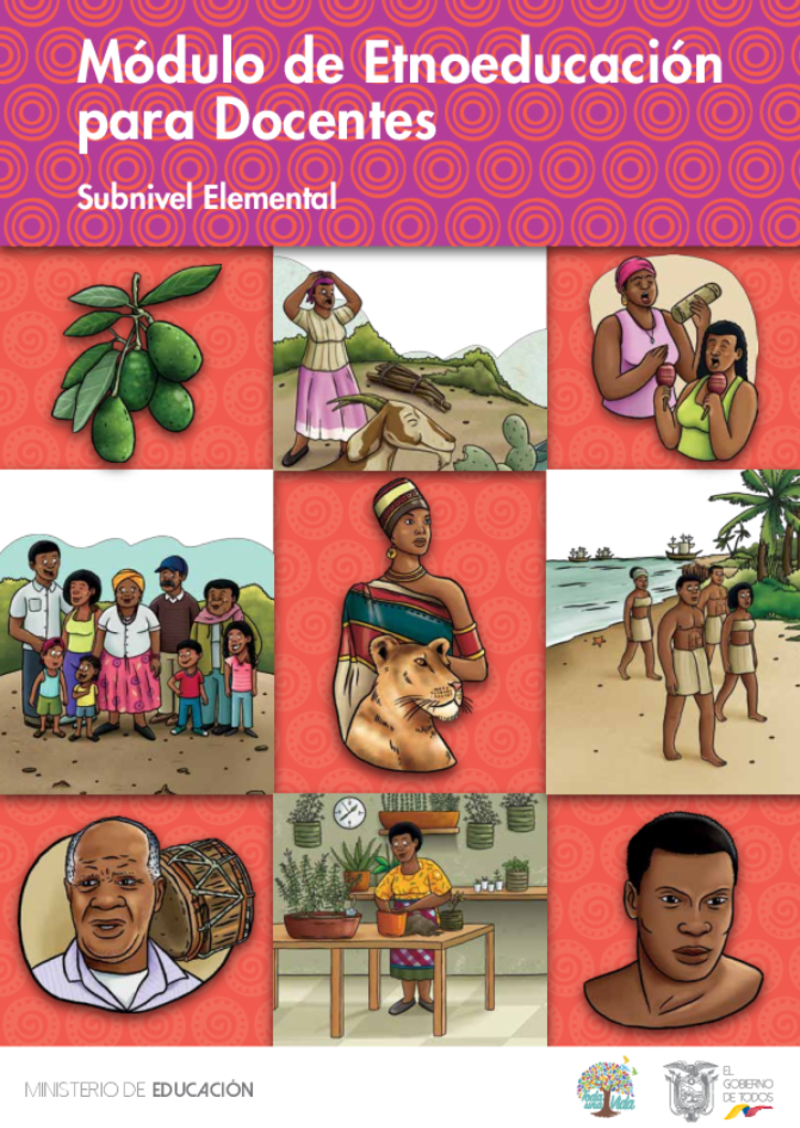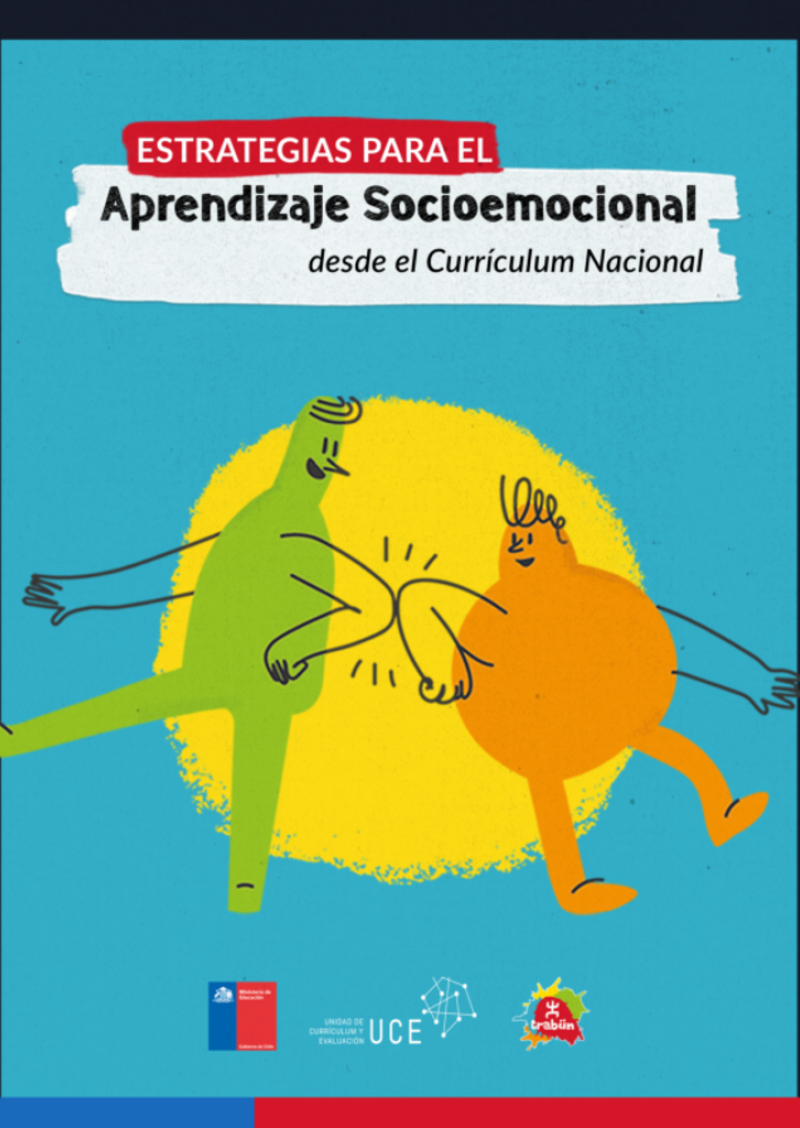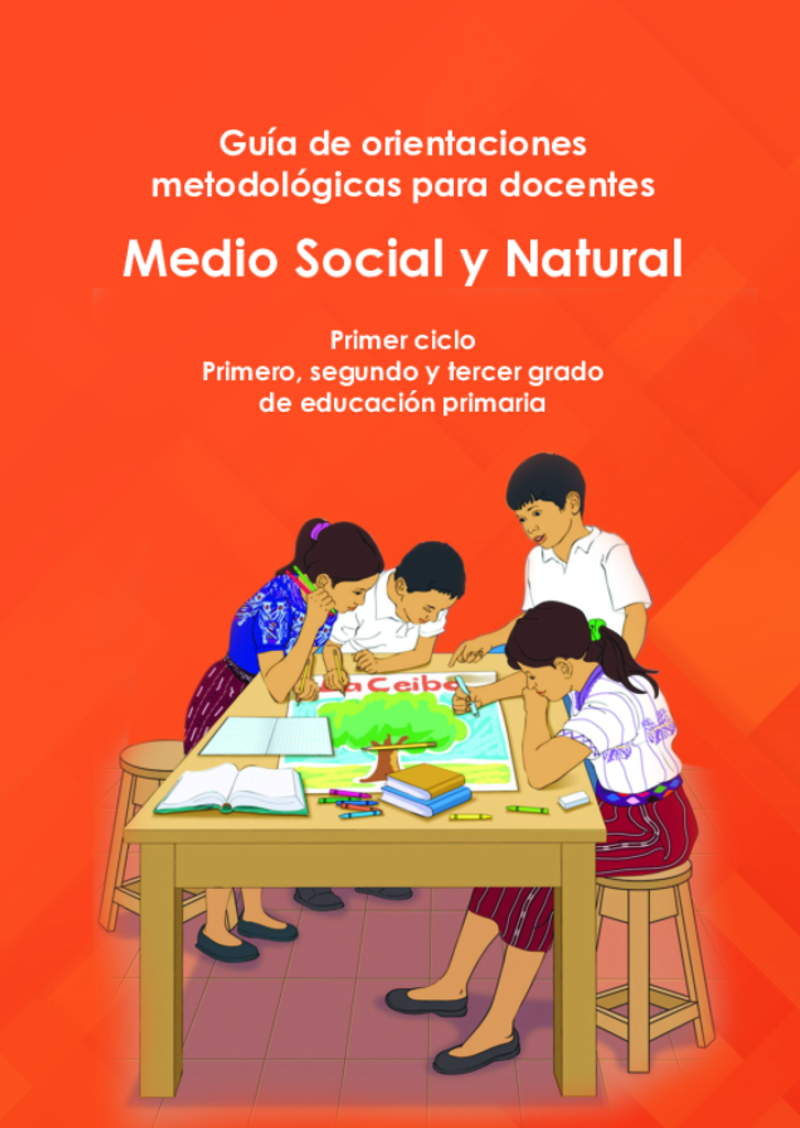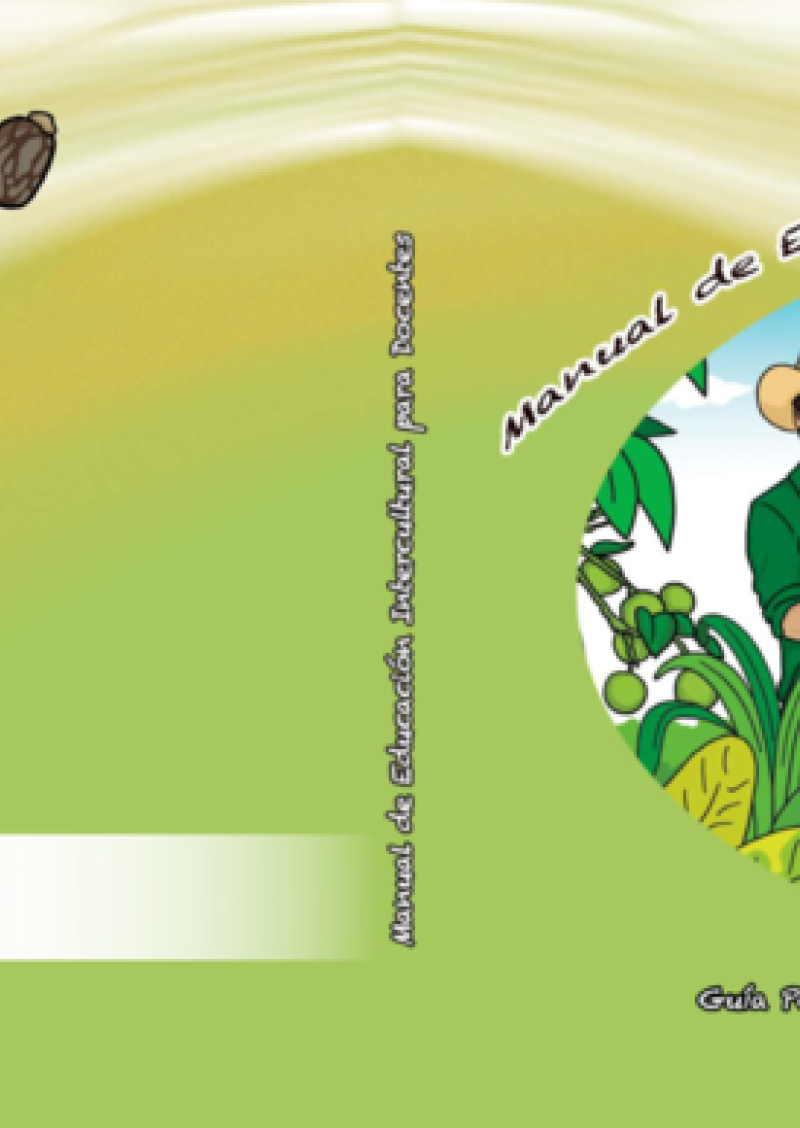Teacher Resource Centre
Displaying 1 - 16 of 16
Differentiated Instruction in Displacement Contexts. Workshops Facilitation Guide
In this guide, there are prompts to support exploration of the content and application to the local context. There are also tips to support educators as they make space and time for professional learning within their busy and, often, stressful lives. Finally, this guide offers some advice regarding online, and/or other technological aspects, of this training.
The Quality Holistic Learning Project (QHL), of which this face-to-face workshop is one element, aims to prepare educators to deliver high-quality lessons which support holistic learning for children and youths of diverse backgrounds (refugee, migrant, and/or citizen) within host country, displacement, and crisis contexts. They define quality holistic learning as that which attends to:
- academic, cognitive, and identity development,
- social and emotional learning, and
- mental/psychosocial and physical well-being and which delivers: positive schooling experiences, ● feelings of belonging and safety, growth and development, and equitable outcomes for all learners.
Aprender haciendo con experiencias etnoeducativas
Esta guía a destinación de los docentes busca implementar la educación intercultural bilingüe, enfocándose en la etnoeducación afroecuatoriana. Ofrece ejemplos prácticos, orientaciones metodológicas y estrategias para ajustar los contenidos curriculares. Además, promueve la formación continua de docentes y la participación comunitaria, fortaleciendo la identidad cultural y la memoria colectiva. También sugiere el uso de herramientas tecnológicas y materiales didácticos para enriquecer el aprendizaje.
Módulo de Etnoeducación para Docentes - Nivel Elemental
Este recurso pedagógico a destinación de los docentes y elaborado por el Ministerio de Educación de Ecuador, incluye definiciones desde distintas perspectivas, como la sociológica y la psicopedagógica. Proporciona una contextualización curricular, vinculando los aprendizajes y competencias definidos en el currículo nacional ecuatoriano. Además, ofrece planes de lecciones y recursos para trabajar con alumnos desde la educación primaria hasta la secundaria baja, abordando temas históricos, de organización social y de las tradiciones de las poblaciones afrodescendientes del país.
Estrategias para el Aprendizaje Socioemocional desde el Currículum Nacional
Este manual ofrece a los docentes el contexto necesario para implementar el aprendizaje socioemocional en el aula. Proporciona una base teórica y se alinea con el currículum nacional chileno. Incluye ejemplos de actividades que pueden desarrollarse en diversas materias y espacios de la vida escolar, abarcando desde la educación primaria hasta la secundaria. El objetivo es facilitar la integración del aprendizaje socioemocional en las prácticas educativas diarias, promoviendo un ambiente escolar más inclusivo y comprensivo.
Play & resilience: a toolkit for teachers, caregivers, and other stakeholders
Play is an easy, natural and universal practice that builds resilience. Play comes naturally to all children- and is a seemingly simple and light-hearted phenomenon. The power of play as a pathway to building resilience needs to be leveraged to provide children with the opportunity to further explore play in their home and school environments.
This toolkit is therefore premised on the objectives to build the capacity of various stakeholders such as caregivers/teachers, school managers, curriculum planners and policy makers who are key actors in the process of growth and development of children. It is also aimed at equipping these stakeholders with the knowledge and pedagogical skills to translate research, policy and curriculum to practical knowledge and activities for children in the school environment. The toolkit offers directions for facilitators who will be working with caregivers/teachers using the materials and resources provided and other relevant materials available in an environment where it will be used.
A Teacher's Guide for Arts, Music and Drama in Africa
Art, music and drama have had a pivotal role in the livelihood of human beings. This is clear by the wealth of literature, architecture, fine art, theater and music that define human past, present and future. The inherent creative ability and a yearning to express ourselves is what gives value to art, music and drama as companion components in human evolution.
This teacher's guide covers art, music, dance, drama, experiential learning, community engagement, and how to integrate these aspects into curriculum. Additionally, this document provides lesson plans for primary school students in these subject areas.
Guía de orientaciones metodológicas para docentes - Medio Social y Natural
El departamento de educación intercultural del Minsiterio de Educación de Guatemala publicó este paquete de recursos para que docentes trabajen con alumnos de primaria en contextos comunitarios indígenas (culturas xinka, maya, garífuna y ladino), abordando los ámbitos sociales y naturales. Proporciona herramientas didácticas e instrucciones para un desempeño efectivo en clase, con ejemplos de actividades. Estas herramientas buscan facilitar la enseñanza respetando la diversidad cultural del país.
Manual de Educación Intercultural para Docentes
Este Manual a destinación de los docentes propone actividades y talleres con enfoque en la interculturalidad para realizar en el aula. Se divide en cuatro apartados: identidad colectiva e individual; el conocimiento de la historia y de las distintas manifestaciones culturales para fomentar la paz en el país; estereotipos y prejuicios para combatir las discriminaciones y el racismo; e interculturalidad para valorizar la diversidad y la convivencia.
Kit pédagogique - Idées, ressources, méthodes et activités pour l'éducation interculturelle informelle avec des adultes et des jeunes
Il s’agit de la réédition mise à jour d’un manuel originellement publié en 1995 dans le cadre de la Campagne Européenne de la Jeunesse contre le Racisme, la Xénophobie, l’Antisémitisme et l’Intolérance. Le document est pensé comme un outil accessible aux praticiens de l’éducation informelle auprès d’un public d’âge varié. Il est divisé en 2 parties : la première offre le contexte et le cadre pour aborder les activités et méthodes proposées dans la seconde partie. On y retrouve également une liste de documents écrits et audiovisuels en différentes langues parlées au sein de l’Europe mobilisable dans des cadres éducatifs.
Social and emotional learning for schools
This is a dual certifying course that combines social and emotional learning (SEL) for classrooms and SEL for teachers. The objective of the certification is to enhance personal well-being and build the professional capacity of teachers for SEL.
Addressing anti-semitism in schools: training curriculum for secondary education teachers
This publication is part of a four-volume set of training curricula to address anti-Semitism in schools. This volume focuses on the training curriculum for secondary education teachers. Each volume in this set aims to assist trainers in the field of education globally to work effectively towards strengthening the capacity of teachers to prevent and respond to antiSemitism, this specific and highly dangerous type of prejudice directed at Jewish people. In this sense, the curriculum addresses anti-Semitic prejudice and perceptions of Jews, phenomena which often also fulfil a social and political function in societies around the world; it is not material aimed at preparing teachers for intercultural dialogue.
Addressing anti-semitism in schools: training curriculum for vocational education teachers
This publication is part of a four-volume set of training curricula to address anti-Semitism in schools. This volume focuses on the training curriculum for vocational education teachers. Each volume in this set aims to assist trainers in the field of education globally to work effectively towards strengthening the capacity of teachers to prevent and respond to antiSemitism, this specific and highly dangerous type of prejudice directed at Jewish people. In this sense, the curriculum addresses anti-Semitic prejudice and perceptions of Jews, phenomena which often also fulfil a social and political function in societies around the world; it is not material aimed at preparing teachers for intercultural dialogue.
Addressing anti-semitism in schools: training curriculum for school directors
This publication is part of a four-volume set of training curricula to address anti-Semitism in schools. This volume focuses on the training curriculum for school directors. Each volume in this set aims to assist trainers in the field of education globally to work effectively towards strengthening the capacity of teachers to prevent and respond to antiSemitism, this specific and highly dangerous type of prejudice directed at Jewish people. In this sense, the curriculum addresses anti-Semitic prejudice and perceptions of Jews, phenomena which often also fulfil a social and political function in societies around the world; it is not material aimed at preparing teachers for intercultural dialogue.
Addressing anti-semitism in schools: training curriculum for primary education teachers
This publication is part of a four-volume set of training curricula to address anti-Semitism in schools. This volume focuses on the training curriculum for primary education teachers. Each volume in this set aims to assist trainers in the field of education globally to work effectively towards strengthening the capacity of teachers to prevent and respond to antiSemitism, this specific and highly dangerous type of prejudice directed at Jewish people. In this sense, the curriculum addresses anti-Semitic prejudice and perceptions of Jews, phenomena which often also fulfil a social and political function in societies around the world; it is not material aimed at preparing teachers for intercultural dialogue.
Dear Kitty: teacher's guide for the film Where is Anne Frank?
This guide provides teachers with the necessary tools to highlight historical and current themes from the animated film "Where is Anne Frank".
It includes a preparatory lesson, a lesson to discuss the film and four detailed thematic follow-up lessons. The film and the lessons are accompanied by extensive background information and ready-to-use worksheets with information, questions and assignments.
Recommendations for teaching and learning about the Holocaust
Benefiting from the expertise of delegates from more than 30 member countries, the IHRA Recommendations for Teaching and Learning about the Holocaust are intended to provide a basis for policymakers, practitioners, and educators that will help them:
1. Develop knowledge of the Holocaust, ensuring accuracy in individual understanding and knowledge and raising awareness about the possible consequences of antisemitism;
2. Create engaging teaching environments for learning about the Holocaust;
3. Promote critical and reflective thinking about the Holocaust including the ability to counter Holocaust denial and distortion;
4. Contribute to Human Rights and genocide prevention education














